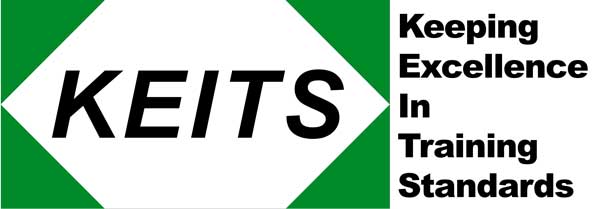
Mentoring is - and has been for centuries - the foundation of vocational training and apprenticeships and this standard is the first formal recognition of this role. Mentoring takes place in all parts of the Education and Training Sector (ETS) and staff-development contexts.
Learning and Skills Mentors are often found in vocational settings within the public, private and voluntary sectors. The role of the learning and skills mentor can be found in all sectors where training and development is required, healthcare, military, manufacturing, production, business and professional, education, leisure, construction, creative, technology.
The purpose of Learning Mentors is to support mentees of all ages and levels, to develop their learning and achieve targets within their job role. These mentees may be apprentices, trainees or new recruits (ranging from young entrants, to new CEOs) in the workplace, or in any vocational learning environment. Support mechanisms will be face to face and remote.
Learning and Skills Mentors will achieve this by working within ethical and legal frameworks to ensure a high standard of mentoring practice. They will engage and work collaboratively with stakeholders to inclusively meet the individual needs of the mentee. Learning and Skills Mentors will be committed to their own professional development and reflective practice as a mentee within their sector.
A Learning and Skills Mentor is often seen as the knowledgeable other, with established skills, experiences and qualifications within their vocational setting, along with the generic skills to develop learning, therefore, a ‘duel professional’. They hold the professional capacity to liaise and interact with senior managers, supervisors and other experienced practitioners/stakeholders to support the needs of the individual mentees.
Potential Job Roles
- Vocational assessment and coaching of learners.
- A full teaching role within an education and training provider organisation.
Course Content
- Provide mentoring support
- Procedures for effective mentoring
- Communication
- Safeguarding
The apprentice will also develop the Core Behaviours including an ethos of motivation, passion for learning, ethics, professional boundaries, valuing equality and diversity, resilience and adaptability, self-control and respect in professional contexts.
For further information on course content click here.
Entry Requirements
- Learning and Skills Mentors must hold established skills, experiences and qualifications within their vocational setting.
- All apprentices will undertake an initial assessment, interview and be employed.
- Level 4 apprentices are required to hold a GCSE Grade C or above in maths, English (or equivalent), or be prepared to word towards and achieve L:evel 2 functional skills in Maths and English.
- Level 4 Learning ad Skills Apprentices must be able to collate 20% off the job training to support their skill and knowledge development
Delivery Method
The Learning and Skills Mentor Standard is delivered using a blended learning methodology which includes both face to face visits and remote training sessions. The apprenticeship will finish with an End Point Assessment (EPA) assessed by an Independent External Assessor (IEPA). The EPA is sector specific and may involve practical assessments, written tests, professional discussions and review of evidence.
Expected Duration
12 -18 months with a minimum of 12 months

